When I first arrived in Morocco, I felt a rush of excitement and curiosity. As an American, I wondered if it was safe to explore this lively North African country. Many of us worry about traveling to Morocco, asking if it’s a safe place to visit.

To understand Morocco’s safety for Americans, we need to look beyond the surface. We must explore the cultural details, local customs, and travel advisories. Our guide aims to give you the facts you need to know before visiting this amazing country.
Is Morocco safe for Americans? Yes, but it’s important to be aware and prepared. We’ll cover the key points of safe travel in Morocco. This includes how to move around cities, follow local customs, and avoid risks.
Our goal is to give you the knowledge to feel confident and ready to explore. By the end of this guide, you’ll know how to stay safe in Morocco. This will help you plan a trip that’s both memorable and secure.
Is Morocco Safe for Americans?- Overview of Safety in Morocco for American Tourists
Traveling to Morocco is exciting for American tourists. But, knowing the safety tips is key for a worry-free trip. Our guide will help you stay safe and enjoy your journey.
Morocco is a mix of culture and adventure. But, it’s important to be prepared and aware. Knowing how to stay safe is essential for American tourists.
General Safety Concerns
Most visitors find Morocco welcoming and safe. Yet, there are some things to watch out for:
- Petty theft in crowded areas
- Scams targeting tourists
- Differences in social interactions
Common Misconceptions
“Morocco is dangerous” is a myth that couldn’t be further from the truth.
Many think Morocco is unsafe. But, most tourist spots are safe if you:
- Stay alert
- Respect local customs
- Follow travel safety tips
Is Morocco Safe for Americans – Travel Warnings from the U.S. State Department
The U.S. State Department gives travel advice. Morocco is seen as a safe place with basic precautions needed.
| Risk Level | Recommended Precautions |
|---|---|
| Low to Moderate | Standard travel safety measures |
| Tourist Areas | Exercise normal vigilance |
| Remote Regions | Additional careful planning suggested |
Remember, preparation is the key to a safe and memorable Moroccan adventure.
Crime Rates and Safety in Major Cities
Exploring Morocco means knowing the safety in big cities is key for American visitors. Morocco is welcoming to tourists, but knowing about safety issues can make your trip better.
For Americans wanting to stay safe in Morocco, it’s important to understand each city’s unique safety level. Each city has its own safety risks and precautions.
Marrakech: Americans safe Hub Safety in Morocco
Marrakech is a top spot for American tourists. But, there are safety tips to keep in mind. Main concerns include:
- Pickpocketing in crowded markets
- Potential scams targeting tourists
- Maintaining situational awareness
Casablanca: Urban Safety Dynamics
Casablanca has a modern city feel with its own safety rules. American visitors should:
- Avoid displaying expensive jewelry or electronics
- Stay in well-lit, populated areas
- Use registered transportation services
Fes: Cultural Preservation and Safety
Fes is rich in history and culture. Cultural respect is key to staying safe for American visitors.
Tangier: Coastal City Precautions
Tangier’s location by the sea means special safety steps are needed. American tourists should watch their belongings and stay alert.
“Knowledge and preparation are your best defenses when traveling in Morocco” – American Travel Advisory
Cultural Etiquette for Visitors
Exploring Morocco means being sensitive and respectful. Our guide helps Americans stay safe and enjoy their trip. Knowing local customs is key to a great experience.
Dress Code Considerations
Clothing matters a lot in Morocco. Americans should respect local traditions by dressing differently than they do at home.
- For women: Loose-fitting clothes that cover shoulders and knees
- For men: Long pants and shirts with sleeves in most places
- Avoid tight or revealing clothes in public
- Carry a light scarf or shawl for covering up
Respecting Local Social Customs
Is Morocco Safe for Americans who want to connect with the culture? Knowing social norms is important for a good interaction.
| Custom | Recommended Behavior |
|---|---|
| Greetings | Handshakes are common; wait for local to initiate with women |
| Photography | Ask permission before photographing people |
| Ramadan | Be discreet about eating in public during daylight hours |
“Respect is the foundation of meaningful cultural exchange.” – Moroccan Travel Wisdom
American travelers can have a safe and rewarding trip by being open, respectful, and eager to learn. Cultural sensitivity is a big part of staying safe while traveling.
Transportation Safety in Morocco
Traveling in Morocco needs careful planning and knowing the local ways. For Americans, it’s key to understand the transportation scene to have a safe trip. Knowing the different ways to get around and possible issues is important.
Travelers in Morocco will find many ways to get around. Each one has its own safety rules. With the right info, most trips will be safe and fun.
Public Transportation Tips
- Use official bus services from reputable companies
- Keep personal belongings close and secure
- Avoid traveling alone late at night
- Learn basic Arabic or French phrases for communication
Road Travel Safety
Driving in Morocco is different for American travelers. The traffic can be unpredictable, with rules that vary from the US.
| Safety Recommendation | Details |
|---|---|
| Rental Car Precautions | Choose reputable rental companies, inspect vehicle thoroughly |
| Navigation | Use GPS with updated maps, carry physical map as backup |
| Driving Rules | Familiarize yourself with local traffic laws, drive defensively |
Taxi and Ride-Sharing Advice
Always think about your safety when using taxis or ride-sharing in Morocco. Negotiate prices before starting your journey and choose official, marked services.
“Knowledge and preparation are your best companions when traveling in a new country.” – Experienced Traveler
By following these tips, American travelers can safely enjoy Morocco’s beauty and culture.
Health and Safety Considerations
Staying healthy in Morocco is key to a great trip. Our guide covers important health tips for a safe and fun journey.
Start by knowing the risks and taking steps to stay safe. Follow our travel safety tips to keep well during your Moroccan adventure.
Vaccination Recommendations
See a travel health expert before your trip. They’ll tell you which vaccines you need. Important ones include:
- Hepatitis A and B
- Typhoid
- Routine vaccines (MMR, DPT, etc.)
- Rabies (for extended stays or rural travel)
Food and Water Safety
Being careful with food and water is vital. Here are some tips:
- Drink only bottled or boiled water
- Avoid ice cubes in drinks
- Eat thoroughly cooked foods
- Choose hot, freshly prepared meals
| Food Safety Recommendation | Rationale |
|---|---|
| Bottled Water | Prevents waterborne illnesses |
| Avoid Street Food | Reduces risk of foodborne infections |
| Wash Hands Frequently | Minimizes transmission of germs |
“An ounce of prevention is worth a pound of cure” – this is true when traveling abroad.
Pro tip: Carry a basic medical kit with essentials like medications, hand sanitizer, and first aid items.
Natural Hazards to Be Aware Of
When you’re in Morocco, knowing about natural hazards is key to a safe trip. The country’s varied landscapes bring different environmental challenges. It’s important for travelers to think about these risks.
Wondering if Morocco is safe for Americans? Be ready for specific natural dangers that could affect your trip. Morocco’s mix of geography means you need to watch out for different environmental conditions.
Earthquake Risks
Morocco is in a seismically active area, where the African-Eurasian plate boundary is. The country gets earthquakes, mainly in:
- Atlas Mountain regions
- Coastal areas near Agadir
- Northern Mediterranean zones
“Preparedness is key when traveling in geologically dynamic regions.” – Travel Safety Expert
Desert Travel Safety
Traveling through Morocco’s deserts needs careful planning and safety steps. The harsh conditions require special safety measures:
- Carry enough water and electrolyte supplements
- Use high-SPF sunscreen
- Wear protective clothing
- Travel with experienced local guides
Temperatures in the desert can be very hot during the day and very cold at night. American travelers should pack clothes for different temperatures. They should also know the risks of desert environments.
Emergency Services in Morocco
Traveling to Morocco needs careful planning, including knowing emergency services. American tourists must understand the right contacts for unexpected situations. Morocco is welcoming, but being ready can help a lot.
Contacting Local Authorities
For emergencies, American travelers should remember these numbers:
- Police: 19
- Medical Emergency: 15
- Fire Department: 15
- U.S. Embassy in Rabat: (+212) 537-637-200
Essential Resources for Tourists
Knowing the right support can help with Morocco’s safety concerns for Americans. Here are some resources:
- U.S. Embassy Services: Register with the Smart Traveler Enrollment Program (STEP)
- Keep digital and physical copies of important documents
- Purchase travel insurance
- Save emergency contact info in your phone
“Preparation is the key to a safe and enjoyable travel experience in Morocco.” – U.S. State Department Travel Advisory
Communication Tips
Stay calm and speak clearly when calling local authorities. Use a translation app or a local contact if you can. English is common in tourist spots, but knowing French or Arabic can help in emergencies.
Recommended Safety Practices for Travelers
Exploring Morocco can be safe and fun for American travelers. By following key safety tips, you can enjoy the country’s culture and beauty. Preparation and awareness are key for a great trip.
Staying connected is vital when traveling to Morocco. Here are steps to protect yourself and stay in touch:
Communication Strategies
- Register with the U.S. State Department’s STEP program
- Carry an international mobile phone plan
- Download offline maps and translation apps
- Keep emergency contact information handy
Using Common Sense
Smart travelers make safe choices. Here are important tips:
- Stay alert to your surroundings
- Avoid showing off expensive items
- Use official taxis or trusted transport
- Secure your valuables
“Safety isn’t expensive, it’s priceless” – Unknown
By following these safety tips for Morocco, you can have a great trip. Most visits are safe if you’re careful and respect local customs.
Final Thoughts on Traveling to Morocco
Exploring Morocco is an amazing adventure for American travelers. They can find adventure and learn about new cultures. Is Morocco safe for Americans? Yes, with the right preparation and awareness, you can have a great time.
Safety in Morocco for Americans is about knowing the local scene and staying alert. This way, you can enjoy your trip without worries.
Embracing the Experience
When you travel to Morocco, be open-minded and respectful. Safety concerns are there, but they shouldn’t stop you. By learning a bit of Arabic or French and respecting local customs, you’ll have a better and safer trip.
Making the Most of Your Trip
To travel well in Morocco, plan carefully. Look up your destinations, stay updated on travel advisories, and have realistic hopes. Following safety tips and being flexible will help you make great memories in this beautiful country.
Your Moroccan adventure is waiting. With good planning and a positive spirit, you’ll find a safe and amazing place for unforgettable experiences and adventures.
FAQ
Is Morocco generally safe for American tourists?
Yes, Morocco is safe for American tourists. Most visits are trouble-free. Just stay alert, respect local customs, and follow safety tips for a great trip.
What are the most common safety concerns for Americans in Morocco?
Petty theft and scams are common. Be careful in crowded places. Keep valuables safe and watch out for strangers.
Do I need any specific vaccinations before traveling to Morocco?
See a travel health expert 4-6 weeks before your trip. Make sure your routine shots are up to date. Hepatitis A and Typhoid vaccines are often recommended. Don’t forget COVID-19 and Hepatitis B and Rabies if needed.
What should female travelers know about safety in Morocco?
Women might face more attention and harassment. Dress modestly and avoid walking alone at night. Loose, covering clothing helps reduce unwanted attention.
How safe is public transportation in Morocco?
Public transport is safe but crowded. Use official taxis and be careful on buses. Trains are safer and more reliable.
What emergency numbers should I know in Morocco?
Know the numbers for police (19), ambulance (15), and fire (14). Save the U.S. Embassy’s number: +212 5 22 26 61 50. Have travel insurance for emergencies.
Are there any areas in Morocco Americans should avoid?
Avoid remote areas near Algeria and Western Sahara. In cities, be careful in dark or isolated places at night. Stay away from political gatherings.
How can I protect myself from scams?
Be firm but polite, and negotiate prices. Avoid unsolicited guides and be wary of overly friendly strangers. Verify information and trust your instincts.
Is tap water safe to drink in Morocco?
No, tap water is not safe. Drink bottled water and avoid ice cubes. Many places provide safe water, but always check.
What should I do if I encounter a problem while traveling in Morocco?
Contact local police and your embassy if you have a problem. Have your travel insurance ready. Keep important documents and stay in touch with emergency contacts.

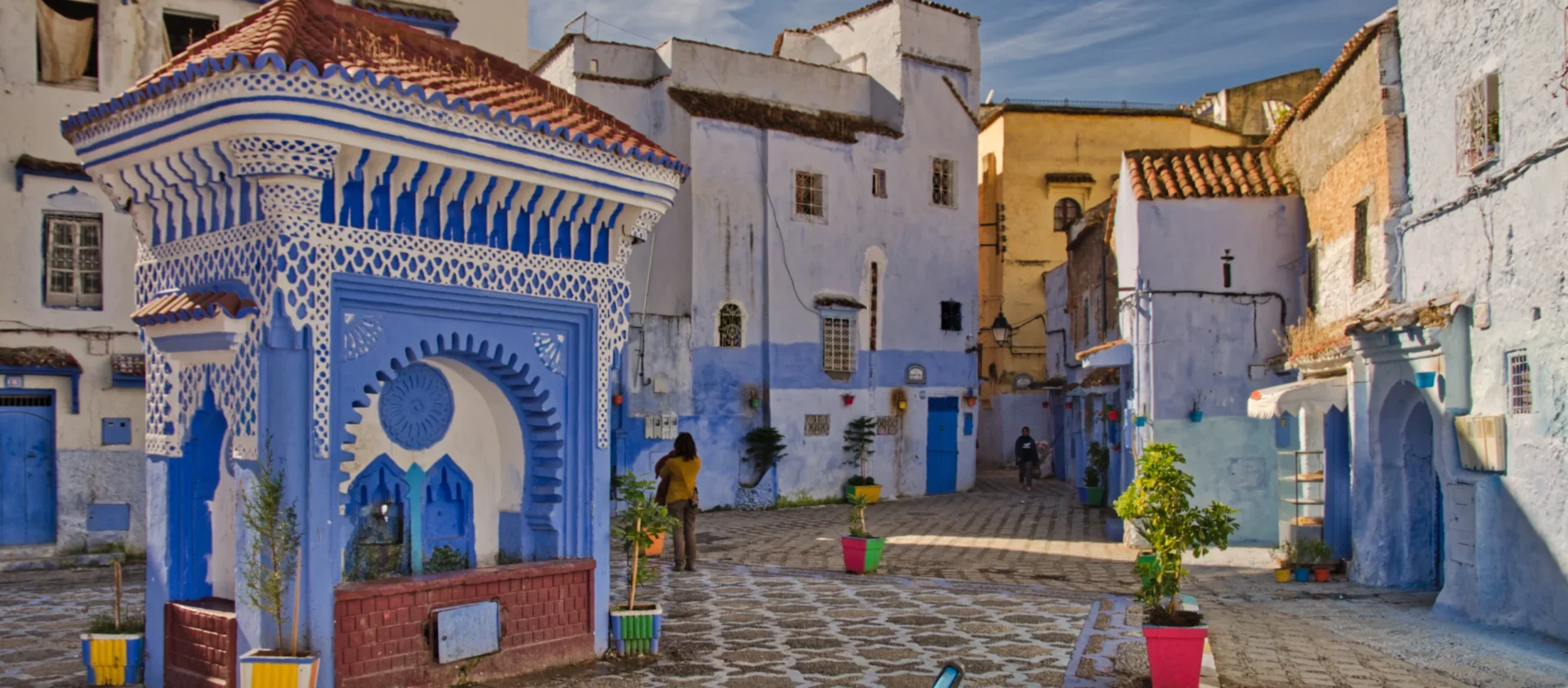
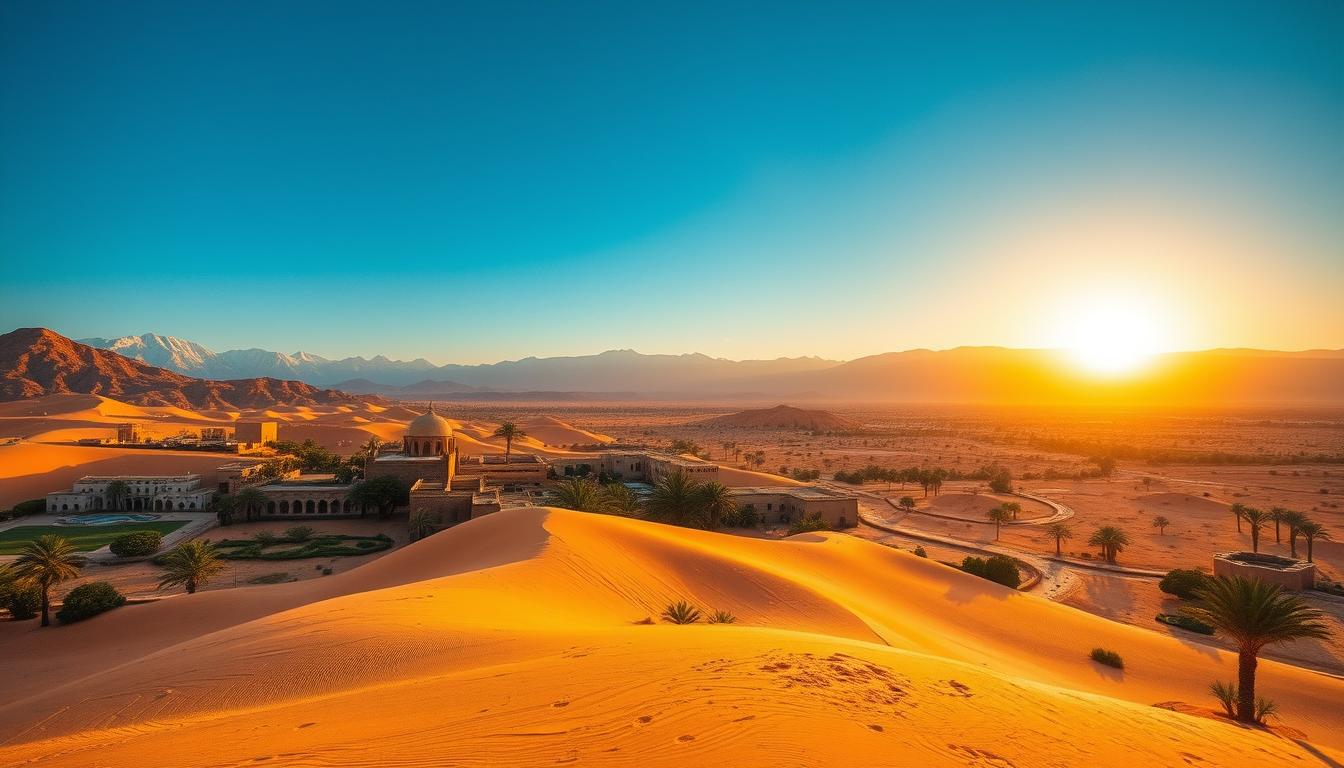
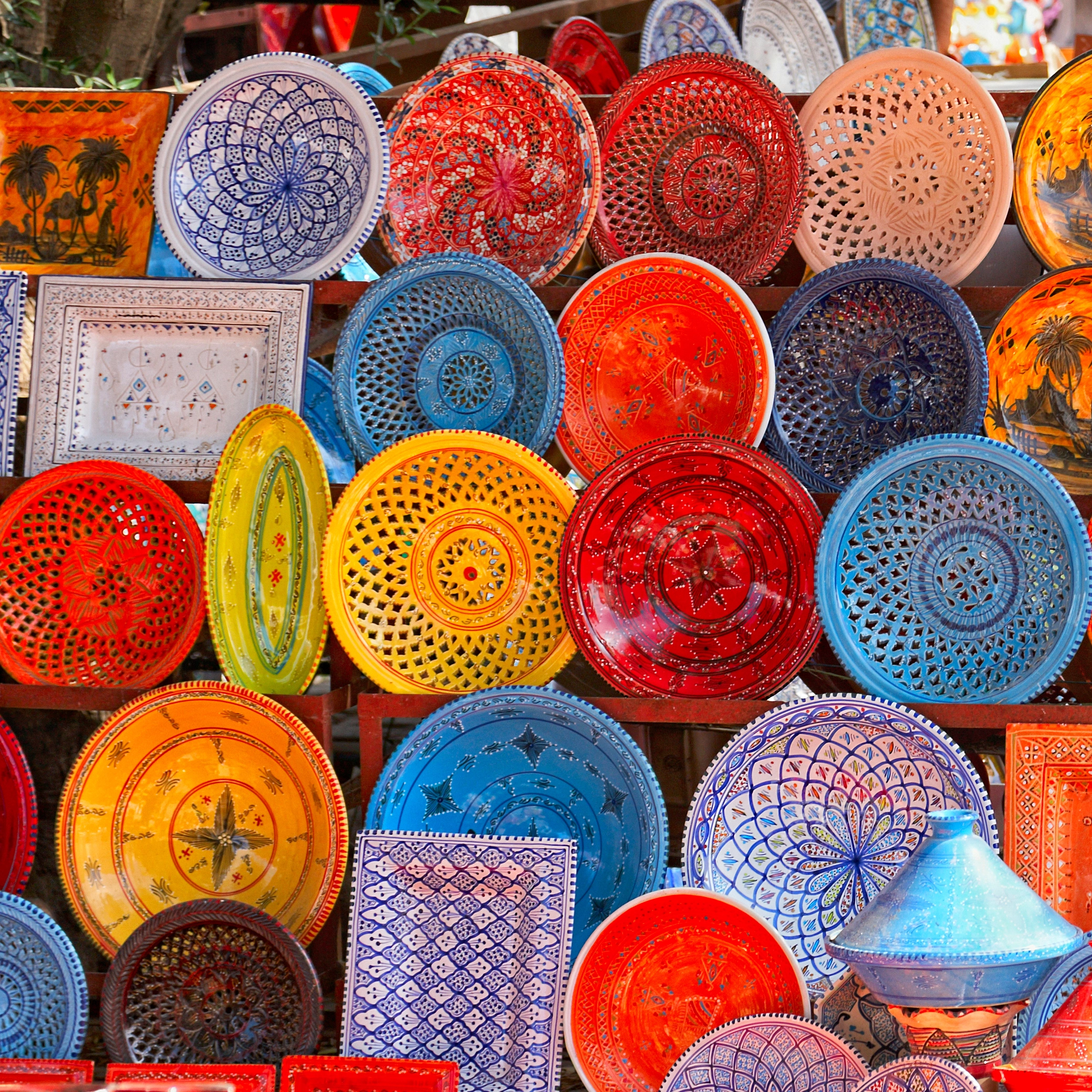
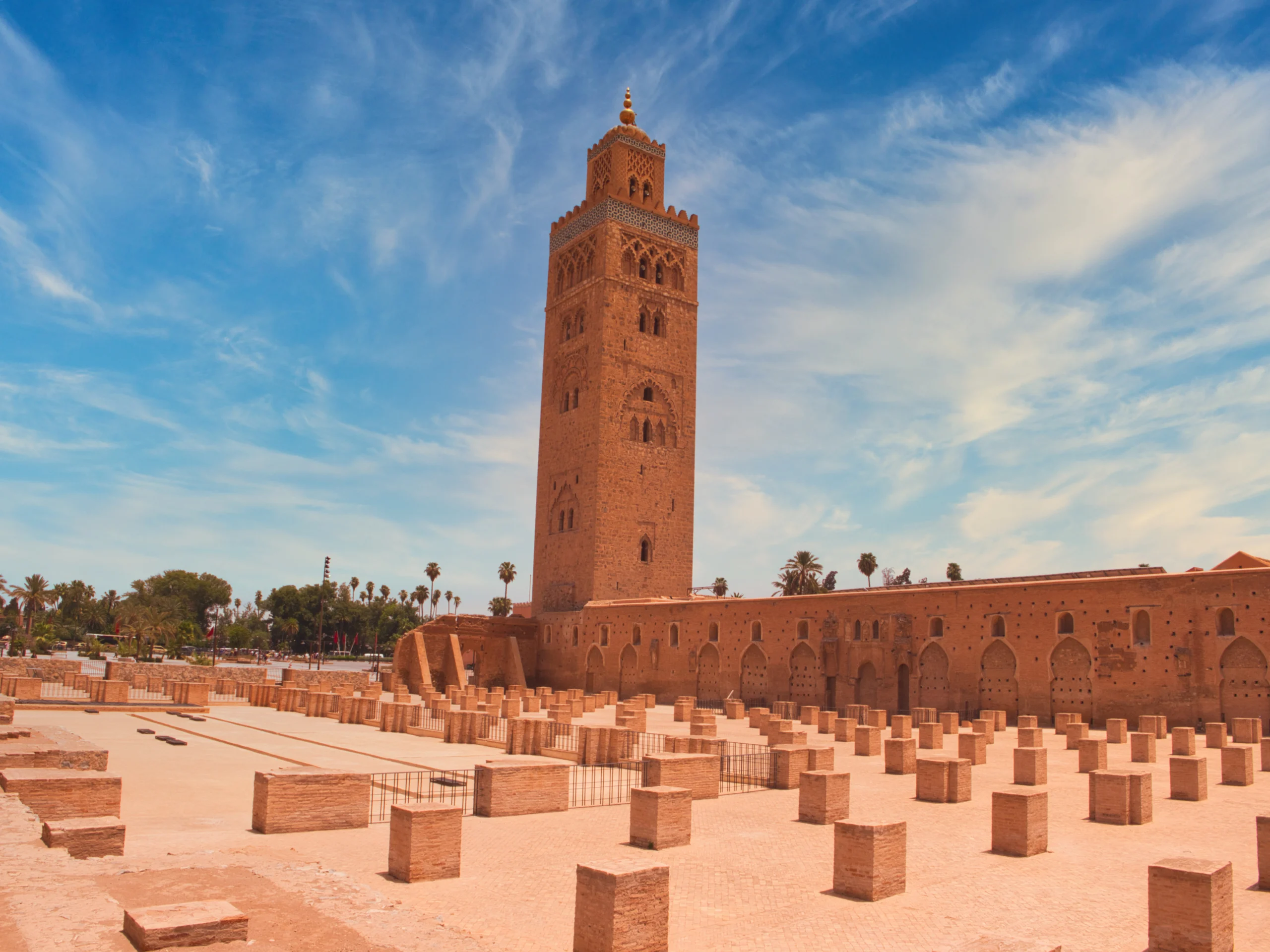
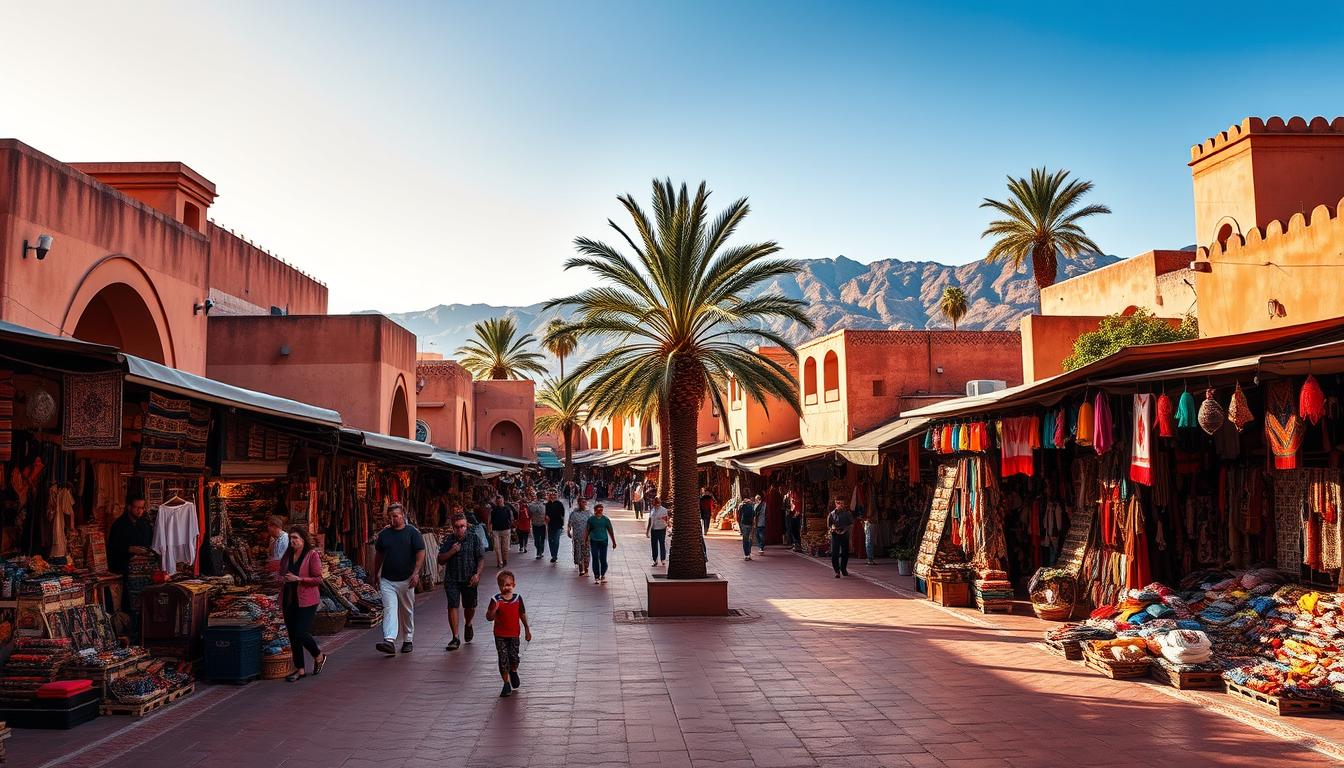
[…] informed and careful can make you safer. Check travel advisories before you go to be ready for […]
[…] aware is your best defense when visiting Morocco as an American. Always be mindful of your surroundings and trust your gut. Risks often show small signs that […]
[…] Planning your communication in Morocco is key. It’s important for your safety and ease. Knowing your mobile and internet choices can make your trip better. It also helps you keep up with travel advisories for Americans in Morocco. […]
[…] greeting customs can greatly improve your travel safety in Morocco. Local interactions follow subtle social rules that visitors should […]